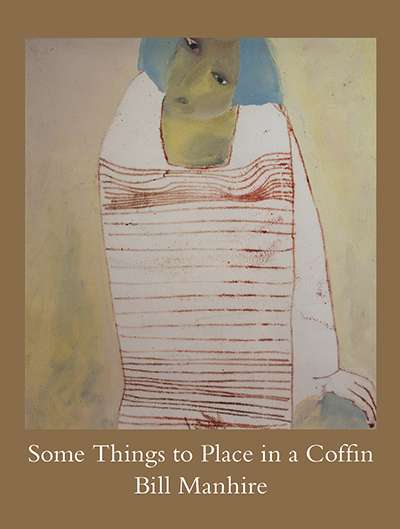Accessibility Tools
- Content scaling 100%
- Font size 100%
- Line height 100%
- Letter spacing 100%
Paul Hetherington
The ABR Podcast
Released every Thursday, the ABR podcast features our finest reviews, poetry, fiction, interviews, and commentary.
Subscribe via iTunes, Stitcher, Google, or Spotify, or search for ‘The ABR Podcast’ on your favourite podcast app.
The red thread: Xi Jinping’s ideology of power
by Neil Thomas
This week on The ABR Podcast, Neil Thomas reviews On Xi Jinping: How Xi’s Marxist Nationalism is shaping China and the world by Kevin Rudd. Thomas explains that even China watchers find it hard to be clear on the thoughts and plans of the leader of the Chinese Communist Party. They disagree, he tells us, on basic, critical questions, such as for how long Xi will rule. ‘Enter Kevin Rudd’, Thomas writes. ‘In his latest book, former prime minister Kevin Rudd adds a worthy new chapter to his life of public service, digesting thousands of pages of “Xi Jinping Thought” so that you do not have to’. Neil Thomas is a Fellow on Chinese Politics at Asia Society Policy Institute’s Center for China Analysis in Washington DC. Here is Neil Thomas with 'The red thread: Xi Jinping's ideology of power' by Neil Thomas, published in the December issue of ABR.
Recent episodes:
Which poets have most influenced you? In the 1980s I read Emily Dickinson’s poetry intensively, and I suspect that her superbly compressed work is ingrained within me. In late adolescence I loved the musicality of W.B. Yeats, and later I grew to admire W.H. Auden’s complexities and clarity. I dwelt for a while in the evocations of New Zealander Lauris Edmond. Recently, I have been reading the tensile work of Tusiata Avia with great enjoyment. Many Australian poets, including Judith Wright and Rosemary Dobson, have influenced my writing.
... (read more)The abandoned ship was there one morning – a new broken headland –
shiny, sitting high on the low tide, with hundreds of windows like
blinking oval spectacles. Over months the view became fractured;
someone dubbed it the Marie Celeste ‘beached at last’ and a group of us
Originally published in German, Albrecht Dümling’s The Vanished Musicians: Jewish refugees in Australia (Peter Lang), a fascinating compendium of Jewish musicians who found refuge in Australia in the 1930s and 1940s, is now available in Australian Diana K. Weekes’s excellent translation ...
... (read more)In this episode of Australian Book Review's States of Poetry podcast, Paul Hetherington reads 'Gap' and 'River' which feature in the 2016 ACT anthology.
... (read more)for TAW
(from 'Paintings')
This black dress
is also a painting –
it hangs on a wall
where light holds it close.
It's a doorway to places
no-one quite knows;
that bloom and rain
with extravagant vistas.
We've sometimes entered
into the painting
dipping dark hats,
watching children
riding down lanes
for BL
(from 'Paintings')
A hundred eyes
examine me like an insect,
red and yellow like fear.
What walks about me
in dirty boots, holding my ideas
ridiculous? Whose face
visits restless nights,
threatening to blank my dreams ...
There was never an explanation
as to why he walked into the river,
took hold of a log
and floated away.
They found letters
but the love he expressed
in sometimes obsessive detail
was no explanation –
except, the coroner declared
that perhaps it indicated
'a lack of a grasp', etc.
Someone who saw him pass by
said that he was waterlogg ...
Every morning, with an authority
of clinging, earthy foundations
a house sat in air.
Inside someone was singing an aria
about how love inflects its failings
and a woman, absorbed in her toilette
considered how pained words work
the world awry, even as air fills with song.
Outside a man hammered boards
to make a dwelling; crows sat on a wire
as i ...
A gap opened every evening
emitting a panting – as soft as darkness,
or stray dog at exhaustion's end.
Unsettling, like a straggly bird,
it dropped dark feathers
of prickling desire into the room.
It knew the edges of solitude
like the blue glacier's encrusted ice,
and morphed into a clouded mirror
on which each searching glance stuck fast.



